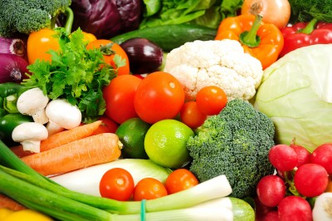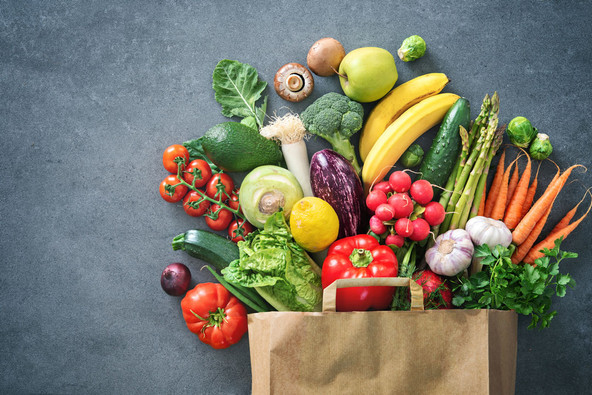Posted by Beyond Health on Nov 3rd 2025
Another Source of Healthy Polyphenols: Green or White Tea
Polyphenols are antioxidant compounds found in plant foods that have myriad benefits for human health. As powerful antioxidants and anti-inflammatories, they’re protective against just about every disease imaginable through a variety of mechanisms. We suggest supplementing with one of our quercetin formulas, Quercetin Pro or Cell Repair, to boost your polyphenol intake. Another way to get more polyphenols into your life is to make a habit of drinking green or white tea. Both of these teas are made from the same Camellia sinensis leaves, but white tea has gone through less processing and retains more polyphenols. It also has less caffeine and more soothing theanine. Camellia sinensis leaves contain four kinds of polyphenols called catechins, the most potent of which, where health benefits are concerned, is epigallocatechin-3-gallate (EGCG). EGCG and quercetin possess many of the same abilities, including one that’s relevant to the COVID epidemi…
read more Fuel your life with the purest vitamins
Fuel your life with the purest vitamins




